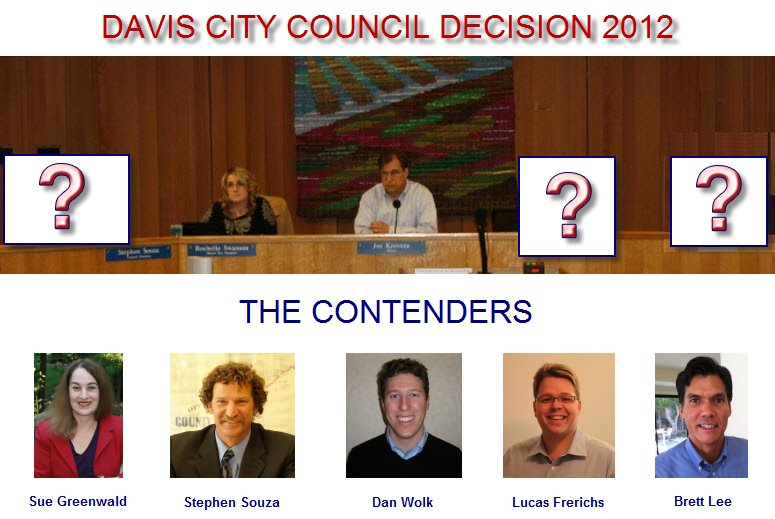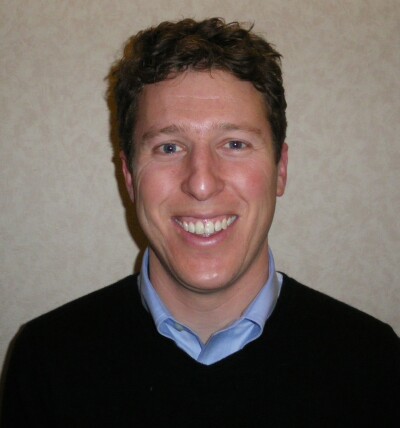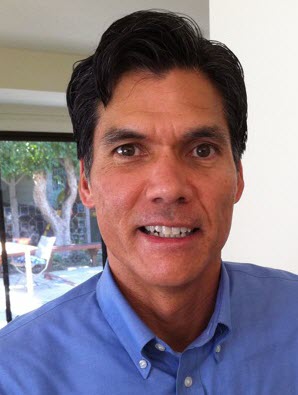
Every Friday between now and the election, the candidates for Davis City Council will be asked to respond to one hard-hitting Vanguard question on the issues that matter to Davis, or at least to the Vanguard.
Last week the council candidates were given a question on Monday and asked to respond by midnight this morning. For next week, they were given the question this morning, by request of one of the candidates who preferred to have the weekend to work on the answer.
Answers are limited to 250 words, which is a logistical decision and completely unfair based on the complexity of the question.
The question this week: “Last year during the budget process, Paul Navazio estimated that with increasing costs for Pensions, OPEB, and infrastructure, costs would increase for the city by at least $7 million over the next few fiscal years on an annual basis, which is roughly 20% of the current general fund budget. All city employee contracts expire in June and there is a collective bargaining process underway. Outside of the process, explain to the voters how you would guide the city on the path to fiscal sustainability over the next five year. What are your goals and where do you get cost savings?”
 Dan Wolk
Dan Wolk
This is one of the main reasons I decided to serve on the city council. We are confronted with a serious fiscal imbalance that threatens the very foundation of the community my daughters will grow up in and inherit. I firmly believe it would be unconscionable for us not to face this issue head on.
To address it, we need to recognize three things:
- We got into this situation under a fiscal paradigm that is not sustainable. A new generation of thinking and policies are required as we move forward.
- There is no magic bullet. It took us years to get into this mess and it will take years to get us out.
- This is a time of shared sacrifice. Each one of us – employees, management, the city council, and the wider community – must pitch in. And the process cannot be adversarial; employee morale is important.
On the expenditure side, we need to address personnel expenses, particularly pension and OPEB costs, share services with other agencies, expand public-private partnerships, and explore creating a Budget Task Force to find savings, as was done during the last major recession.
On the revenue side we need to diversify and expand our economic base, cut red tape, and look at whether our current taxes/fees are the right ones and at the right amounts.
My record – including my stance on the FY 2011/12 budget – shows that I am serious about addressing this issue. But there is a lot more work to do.
 Brett Lee
Brett Lee
In order to guide the city back to a path of fiscal sustainability, we must talk about the employee contracts. It is impossible to discuss our situation intelligently if we do not talk about what we must achieve in the current labor negotiations.
In the current labor negotiations, I am committed to no lay-offs. I believe that as a whole, our employee groups provide valuable services to our community. I would be willing to reallocate employees from one area to another if there appears to be a mismatch in staffing levels for certain departments.
Having said that, I do believe we must hold employee compensation (direct and indirect) to present levels (similar to Rich Rifkin’s proposals). We need to ask that employees contribute greater amounts to their pension and healthcare costs. By doing this, the anticipated increases in these costs to the city are counter-balanced by the increased employee contributions.
I believe that any new-hires should not be eligible for the cafeteria cash out and that new-hire retirement ages should be increased by 5 years.
We are faced with both long-term and short-term issues with our budget. I believe the above proposals will address the long-term issues.
In the short-term we must be honest about our budget shortfall (unfunded maintenance, etc.).
As an industrial engineer my job has been to find cost savings opportunities; I see no shortage here in Davis.
For example, we can move from 4-person to 3-person fire crews, dramatically cutting overtime costs for the fire department.
 Lucas Frerichs
Lucas Frerichs
My top priority for the city is to get its fiscal house in order, we need to examine, prioritize, and implement ways to achieve it.
I’m not privy to the details of current closed-door discussions regarding employee contracts; I do have direct experience with negotiation of employee contracts, stemming from my time as President of the Davis Food Co-op Board, and I would step into those city negotiations with a real understanding of the process and the issues at hand.
Examination and reworking of employee salaries/benefits is a major part of this, (and statewide pension reform is looming) but I think we also need a comprehensive line-by-line look at the budget, and find ways in which to make the city more efficient and effective when delivering services.
There are multiple ways to help guide the city on the path to fiscal sustainability; I’d advocate for a community conversation to prioritize what programs/services are most important to Davis residents, and how we fund them.
Some ways to save money: The city and school district each has separate IT departments. I advocate for a consolidation of the IT departments. We should explore all ways to do joint purchasing with the school district/county/university. The city also has budget line items for paid interns – this is fine, in better economic times, but these are unprecedented fiscal times, so we should eliminate that pay. City Council also just voted to increase its own pay/benefits, yet we have “no money”. That is wrong.
 Stephen Souza
Stephen Souza
I believe to achieve fiscal stability we must have both budgetary savings and we have to grow revenues.
Pure program reductions are not necessarily the answer to the savings. Organizational restructuring across all City departments also has the potential of savings, as well as potential alternative service delivery methods such as contracting some services, shared-services, and public-private partnerships.
The avenue of revenue growth is economic development. My definition of economic development is a collaborate process by which government, private sector, the university, and nonprofits partners work together creating a sustainable condition for economic growth, job creation and a better quality of life within the valves of our community.
We must increase and diversify revenues by attracting new businesses and entertainment to our vibrant downtown and neighborhood shopping centers. We must encourage new green technology and other technology firms that provide jobs and conform to our green values to join our community. We must establish an innovation incubator hub and the benefits it would create. We can no longer keep technology invented in Davis from not being implemented in Davis.
 Sue Greenwald
Sue Greenwald
The best way to understand how someone is going to approach the future is to look at their record:
I have consistently advocated for fair but sustainable compensation, sounding the alarm about enhanced early retirements as early as 2003 or 2004. I argued against early enhanced early retirement for our management and professional workers, winning the first round of contracts but losing on the second; I argued that we should stand firm on cutting our expensive health insurance cash-out; I argued against the 35% salary increase for firefighters in the round AFTER they obtained 3% at 50, and I voted against this increase in closed session. I led the fight against the $400,000 a year increase in rank and pay for 11 existing firefighter positions, and finally prevailed with Ruth Asmundson as the swing vote. I can honestly claim personal credit for saving $80 to $100 million on our wastewater treatment plant by identifying the problem, locating the right consultants and convincing my colleagues over a period of many months to finally obtain the advice of these consultants.
Now we are going to have to make up for past excesses through the labor negotiation process and, unfortunately, by cutting some positions. Sadly, there is not much likelihood of solving the problem through net new sales or property tax revenue – most such revenue generators have city service costs attached which cancel out most or, in the case of retail sales tax, much of the gain, and bricks and mortar retail is in decline. Other possible revenue sources can be explored, but expenditure control will be the likely cure.
–David M. Greenwald reporting
 Dan Wolk
Dan Wolk Brett Lee
Brett Lee Lucas Frerichs
Lucas Frerichs Stephen Souza
Stephen Souza Sue Greenwald
Sue Greenwald
Based on our dismal fiscal situation, I think the three question marks might do a better job.
“Now we are going to have to make up for past excesses through the labor negotiation process and, unfortunately, by cutting some positions. Sadly, there is not much likelihood of solving the problem through net new sales or property tax revenue – most such revenue generators have city service costs attached which cancel out most or, in the case of retail sales tax, much of the gain, and bricks and mortar retail is in decline.”
The audacity of no hope.
Sue’s statement about revenue is correct, in my opinion. But it would be good to see current vacancies filled in existing shopping centers, as Stephen says, “by attracting new businesses and entertainment to our vibrant downtown and neighborhood shopping centers.” How he proposes to do that, I’m not sure. And if Dan has specific ideas about how to “cut red tape” I would be interested. Mark West has mentioned several possibilities on past threads.
It may be unfair to limit their responses to 250 words, but there’s no reason they can’t explain further here in the comments.
I will take all of the promises by our elected leaders seriously when I see 3-crew firetrucks driving past us on their way to and from the central fire station. Until then, it’s all talk.
I also want to see returned to the general fund that $500K that Saylor and Souza basically stole in 2005 from the Measure S sales tax increment passed for parks and rec and family programs, and given to massive raises for the fire fighters.
One more thing: I don’t think the City voters are going to approve another parcel tax measure for the City until the budget is in order. That means adopting and sticking with the Rich Rifkin Proposals, or something close.
Underwhelming.
Let’s see. Everyone thinks we need to cut some spending and increase revenues. Sue sez the best way to judge the candidates is to look at the past which, in spite of her votes, is what got us in this fix. And, of course, that approach gives us no way to compare the others with her since three don’t have a past to consider.
Good question, David. Sue gets a point for being the [u]only[/u] one to approach an answer to it, “where do you get cost savings?”–albeit a little weakly (“By cutting some positions….”) The other four apparently have nowhere to get their cost savings, but they’re all for saving something.
JustSaying: exactly.